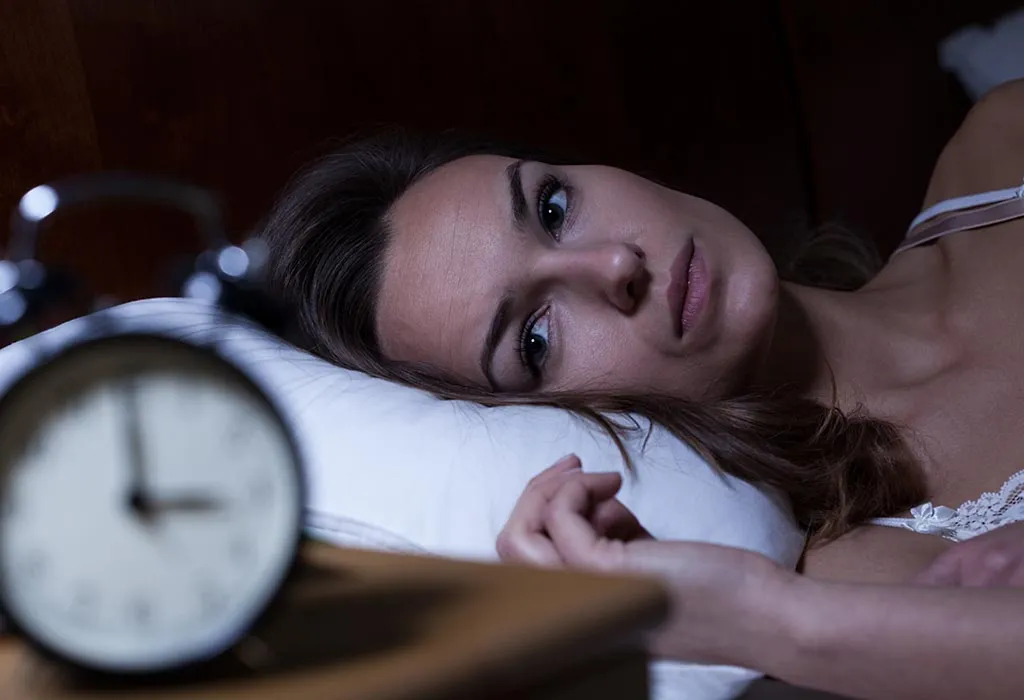Postpartum insomnia, also known as postnatal insomnia, is a sleep disorder that affects women after childbirth. It is a common problem that can occur during the first few weeks and months after giving birth. Symptoms include difficulty falling asleep, frequent awakenings, and early morning awakening. Postpartum insomnia can interfere with the mother’s ability to care for her newborn and can lead to fatigue, anxiety, and depression. There are several things that can help prevent or treat postpartum insomnia, including getting regular exercise, establishing a regular sleep schedule, avoiding caffeine and alcohol, and using relaxation techniques.
Causes
Most new mothers experience some sleeplessness in the early weeks and months after giving birth, but for some women, postpartum insomnia can be a long-term problem. While the causes of postpartum insomnia are not fully understood, there are several factors that may contribute to it. Hormonal changes, stress, and sleep deprivation are some of the most common causes of postpartum insomnia. Other possible triggers include anxiety, depression, pain from breastfeeding or recovering from childbirth, and disruptions to regular sleep patterns.
Symptoms
Many new mothers experience some form of insomnia after giving birth, but what are the symptoms? How can you tell if you have postpartum insomnia and what can you do about it?
Most women experience difficulty sleeping after giving birth, due to the many changes their bodies are going through. However, if these sleep problems persist for more than a few weeks, you will likely suffer from postpartum insomnia. The main symptoms of this condition include trouble falling asleep, staying asleep, or feeling exhausted even after getting a good night’s sleep. Other common symptoms include anxiety, depression, and irritability.
If you are experiencing any of these symptoms, then talk to your doctor. There are many treatments available for postpartum insomnia, including medication, therapy, and lifestyle changes.
Diagnosis
There are many different diagnoses that can be given for postpartum insomnia. The most common diagnosis is postpartum depression, but there are also other possibilities, such as postpartum anxiety, posttraumatic stress disorder (PTSD), and obsessive-compulsive disorder (OCD). It’s important to get a correct diagnosis so that the best treatment can be prescribed. Postpartum depression is the most common form of postpartum insomnia. It’s diagnosed when a woman experiences symptoms such as low self-esteem, sadness, hopelessness, and guilt that have lasted more than two weeks after delivery. Postpartum anxiety is another possible diagnosis. Postpartum PTSD is when a mother experiences anxiety, fear, or terror after the birth of her baby. A postpartum OCD diagnosis is also possible. If a postpartum depression diagnosis is appropriate, the doctor will prescribe antidepressant medications to help relieve the symptoms. If a postpartum anxiety diagnosis is appropriate, then the doctor will prescribe benzodiazepines such as Xanax, Klonopin, or Valium.
Treatment
There are a few different treatment options for postpartum insomnia. One option is to take over-the-counter medications, such as ibuprofen or acetaminophen. Another option is to take prescription medications, such as Ambien or Lunesta. A third option is to try behavioral treatments, such as cognitive-behavioral therapy or relaxation techniques.
Prevention

The prevention of postpartum insomnia is mainly to get plenty of rest and establish a routine. Most importantly, do not try to do too much in the early weeks after giving birth. Be sure to take some time for yourself, and let others help with household tasks and taking care of your baby. gradually return to your normal sleep schedule, and avoid caffeine and alcohol close to bedtime. If you are still struggling with insomnia after a few weeks, talk to your doctor about possible treatments.
Conclusion
In the weeks and months following the birth of a baby, many women experience insomnia. For some, this is a temporary issue that resolves on its own. For others, it can be a long-term problem that significantly affects their quality of life. A recent study suggests that cognitive-behavioral therapy may be an effective treatment for postpartum insomnia. While more research is needed to confirm this finding, it is an important development given the lack of effective treatments currently available. If you are experiencing frequent or persistent insomnia after childbirth and your doctor has not prescribed any treatments, talk to your doctor about possible treatments.
Published on July 11, 2022 and Last Updated on July 11, 2022 by: Mayank Pandey


